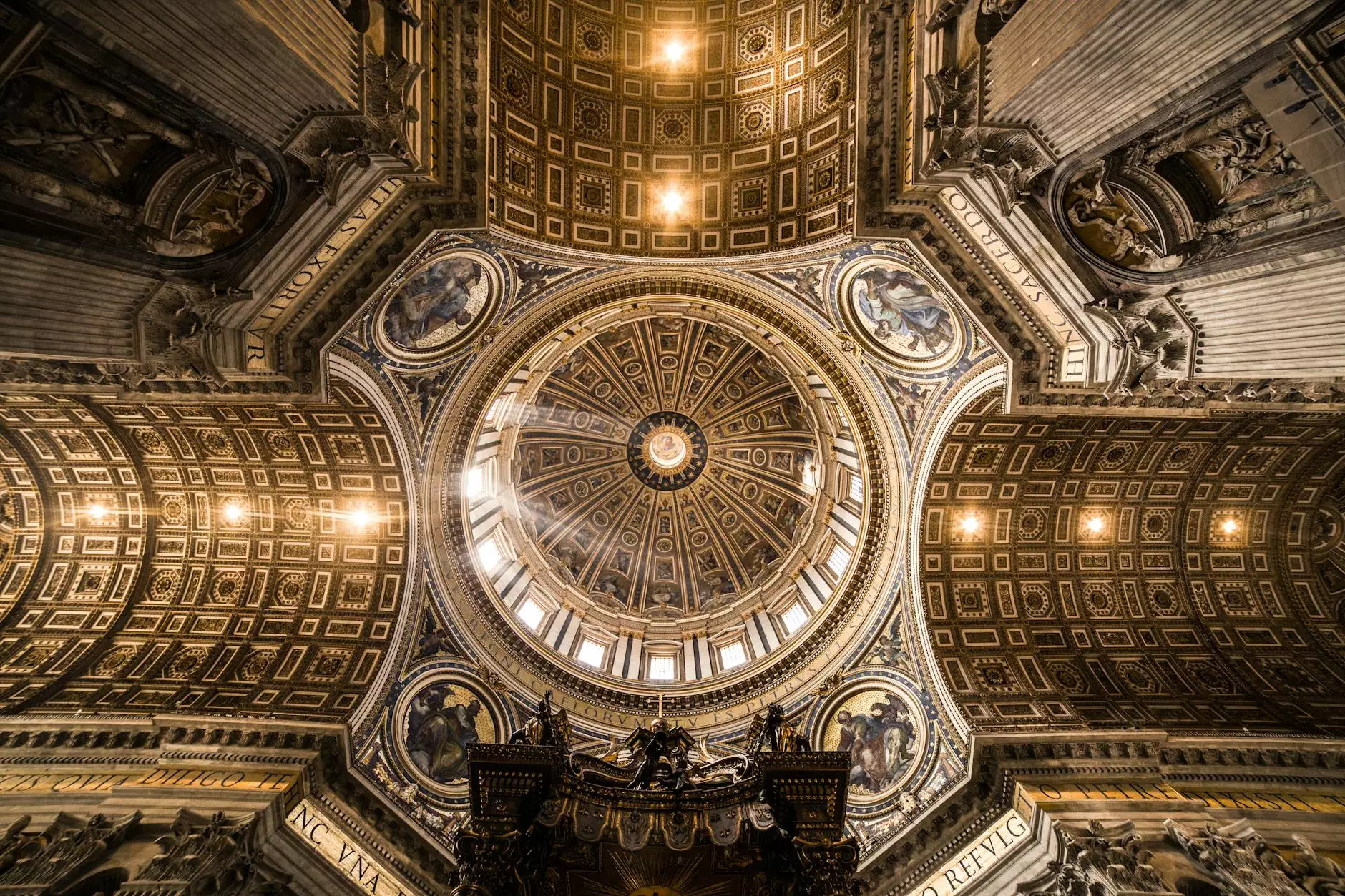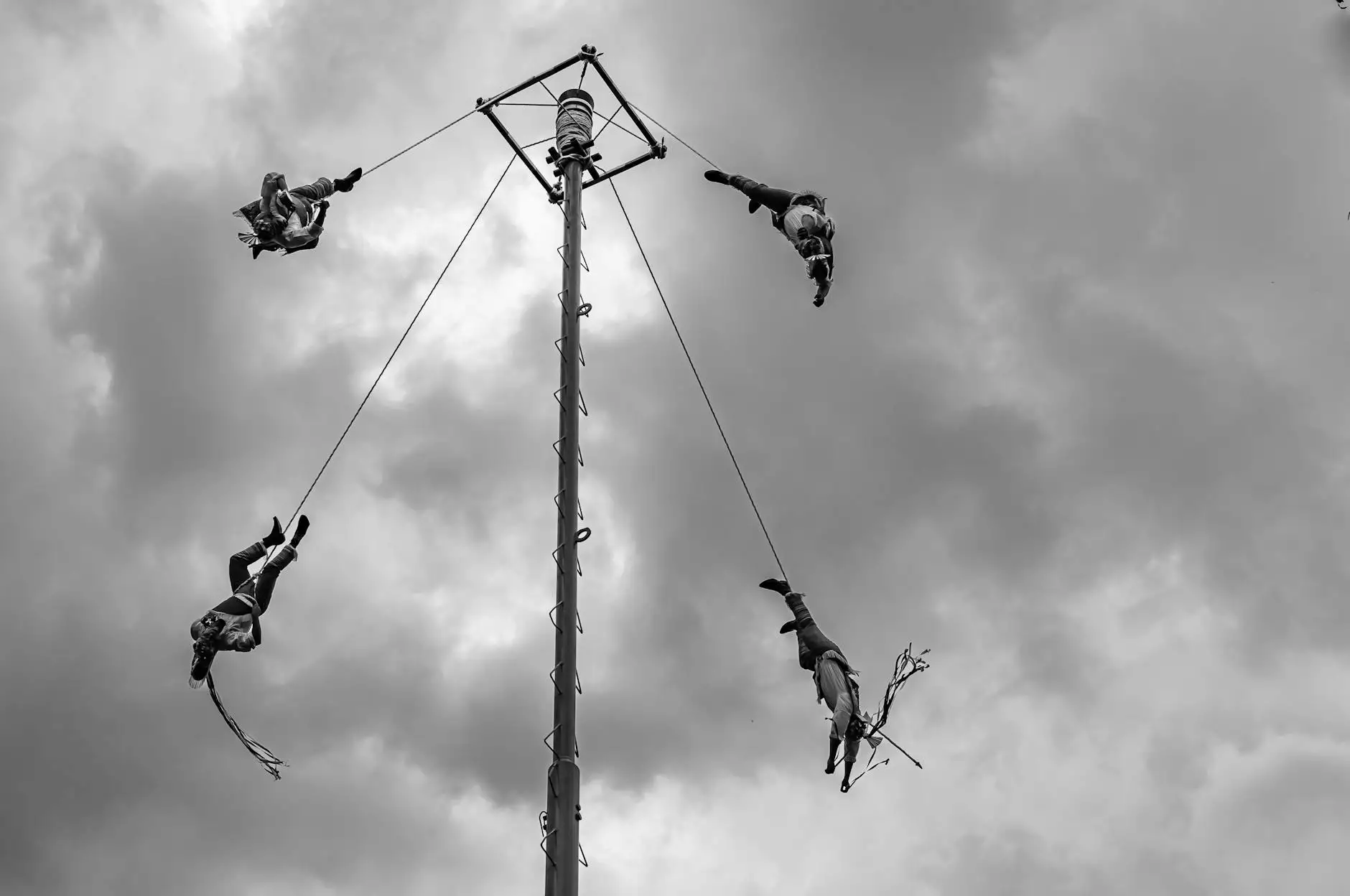The Vibrant Landscape of Black Churches in New York

The city of New York, known for its diversity and melting pot of cultures, is home to a multitude of religious organizations. Among these, black churches in New York hold a significant place, embodying a rich history of faith, resilience, community service, and cultural heritage. This article aims to explore the profound impact of these churches on individuals and communities alike, shining a light on their vital role within religious and social contexts.
A Historical Perspective on Black Churches
The history of black churches in New York can be traced back to the colonial era. These congregations arose out of necessity, serving as spiritual sanctuaries, community hubs, and places of refuge against the backdrop of racial oppression and economic hardship. Some of the most historic black churches in New York include:
- The Abyssinian Baptist Church - Founded in 1808, it is one of the oldest and most influential African American congregations in the country.
- The First African Methodist Episcopal Church - Established in 1820, it played a crucial role in the civil rights movement and continues to advocate for social justice.
- Mother African Methodist Episcopal Zion Church - Dating back to 1796, this church has a storied history of fighting for the rights of African Americans.
The Role of Black Churches in Community Service
Today's black churches in New York are not just places of worship; they are pivotal in community service and outreach efforts. Many churches run programs that address pressing social issues such as poverty, education, and health care. Their initiatives encompass:
- Food Pantries and Soup Kitchens - Providing meals and groceries to families in need, these initiatives help alleviate hunger and food insecurity.
- Educational Programs - Many churches offer tutoring, mentoring, and vocational training, empowering youth and adults alike to achieve their full potential.
- Health Initiatives - Churches frequently host health fairs and offer screenings, ensuring that community members receive essential health information and services.
- Advocacy for Social Justice - Black churches actively participate in social movements, advocating for systemic changes to bring about racial and economic equity.
The Cultural Impact of Black Churches
The cultural significance of black churches in New York extends beyond religious practices; they are vibrant centers of African American culture and expression. Through various forms such as:
- Gospel Music - The rich tradition of gospel music has its roots in the black church, influencing a wide range of musical genres and providing a source of inspiration and healing.
- Cultural Festivals - Many churches host annual festivals that celebrate African American heritage, showcasing art, music, and community togetherness.
- Literary Contributions - Sermons, community discussions, and church gatherings have produced significant literary works that reflect the emotional and intellectual struggles of the African American experience.
Modern Challenges Faced by Black Churches
Despite their rich heritage and community contributions, black churches in New York face several modern challenges. Issues such as declining membership, financial sustainability, and societal changes present hurdles that require innovative solutions.
Declining Membership
As society evolves, traditional church attendance has declined, particularly among younger generations. Churches are adapting by:
- Utilizing Technology - Live streaming services and utilizing social media platforms to reach a broader audience, enabling engagement beyond physical walls.
- Redefining Worship Experiences - Creating contemporary worship experiences that resonate with younger congregants, blending tradition with relevance.
Financial Sustainability
Financial challenges can impede the ability of black churches to maintain their facilities and programs. Diverse funding sources are crucial, including:
- Grant Applications - Churches are increasingly applying for grants to fund community service initiatives and programs that benefit the wider community.
- Fundraising Events - Hosting events such as charity dinners, auctions, and concerts helps generate funds while strengthening community ties.
Staying Relevant in Society
As societal values shift, black churches must address contemporary issues facing their congregants. Many are stepping up by:
- Engaging in Community Dialogues - Creating forums for discussion on critical issues such as police violence, racial inequality, and mental health.
- Partnering with Local Organizations - Collaborative efforts with nonprofits extend the church’s reach and impact in addressing social challenges.
The Future of Black Churches in New York
The future of black churches in New York looks promising as they adapt to meet the needs of their communities. Embracing innovative practices while holding onto their rich traditions, these institutions continue to be a source of strength and hope. The commitment of congregants and leaders to foster spiritual, educational, and social upliftment assures that the legacy of black churches will endure.
Continuing the Mission
As black churches in New York innovate and adapt, their mission remains clear: to serve their communities through faith and action. They are committed to:
- Fostering Spiritual Growth - Encouraging personal and collective spirituality that leads to transformative life experiences.
- Advocating for Social Change - Continuing the fight against injustice and inequality in society.
- Building Community Connections - Strengthening bonds within and outside the church through outreach and service.
Conclusion: The Enduring Legacy
In summary, the impact of black churches in New York is profound and multifaceted. They are not only centers of worship but also crucial players in community service, cultural preservation, and social justice advocacy. Their rich traditions and adaptive strategies promise that they will continue to thrive, shaping the lives of generations to come. As these churches innovate and embrace change while holding onto their historical roots, they will remain a cornerstone of strength, support, and fellowship in the diverse tapestry of New York City.
For more information, insights, and resources, visit bridgechurchnyc.com and connect with the wonderful work being done within the black church community in New York.









